The Xiaomi Redmi Note 10 Pro sits at the top of Xiaomi’s mid-range Redmi lineup, and it packs quite a punch for a phone with a modest price tag.
It’s powered by Qualcomm’s Snapdragon 732G chipset and features a 6.67-inch AMOLED FHD+ display with a 120 Hz refresh rate. There are three memory/storage configurations: 6 GB / 64 GB, 6 GB / 128 GB, and 8 GB / 128 GB.
The rear camera hump houses a 108 MP main camera (binning down to 12 MP output), an 8 MP ultra-wide, and a 5 MP macro module. There’s also a 2 MP depth-sensing camera for bokeh simulation. Read on to find out how they perform in our DXOMARK Camera tests.
Key camera specifications:
- Primary: 108 MP 1/1.52″ sensor, 0.7μm pixels, f/1.9 lens
- Ultra-wide: 8 MP sensor, f/2.2 lens, 118° field of view
- Macro: 5 MP sensor, f/2.4 AF lens
- Depth: 2 MP sensor, f/2.4 lens
- LED flash
- 2160p/30 fps, 1080p/30, 60 fps
About DXOMARK Camera tests: For scoring and analysis in our smartphone camera reviews, DXOMARK engineers capture and evaluate over 3000 test images and more than 2.5 hours of video both in controlled lab environments and in natural indoor and outdoor scenes, using the camera’s default settings. This article is designed to highlight the most important results of our testing. For more information about the DXOMARK Camera test protocol, click here. More details on how we score smartphone cameras are available here.
Test summary
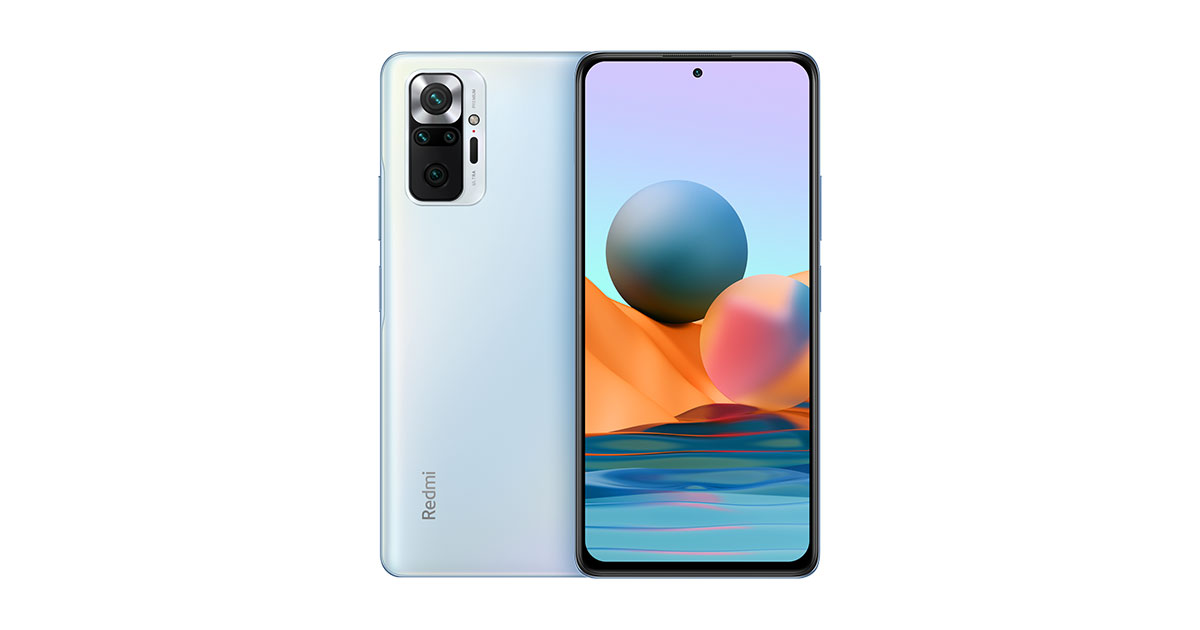
Xiaomi Redmi Note 10 Pro


Pros
- Lots of fine detail in close-up outdoor portraits
- Accurate exposure preview in stills
- Depth estimation and blur gradient generally accurate in portrait mode
- Accurate ultra-wide exposure with pleasant color outdoors
- Accurate video exposure
- Well-controlled noise in videos
- Nice white balance and skin tones in indoor videos
Cons
- Clipping in high dynamic range scenes (stills)
- Frequent green color cast in outdoor stills
- Ghosting in stills with motion
- Low detail and unnatural rendering in tele-zoom shots
- Video AF failures and instabilities, especially indoors and in low light
- Limited video dynamic range
With an overall score of 106, the Xiaomi Redmi Note 10 Pro does not land near the top of the DXOMARK Camera overall ranking, but is a respectable number three in the Advanced ($200-399) price segment, comparing favorably to slightly more expensive options like the Apple iPhone SE (103) and the Oppo Find X2 Neo (105).
The Redmi Note 10 Pro’s main camera can capture pleasing images as long as the lighting isn’t too challenging (that is, not too dark, not too much dynamic range); and while its Photo score of 111 lags behind most higher-end offerings, it is excellent for the Advanced category.
The Zoom composite score of 52 is not particularly impressive, held back mainly by limited tele performance, but we’ve seen worse. The video score of 95 is respectable at this price point, and even edges past the far more expensive Exynos versions of Samsung’s Galaxy S21 and S21+ models (93).
The Xiaomi Redmi Note 10 Pro can’t compete with most flagship phones in terms of imaging quality, but it’s still a high-value proposition for mobile photographers on a budget.
Below you can find a detailed analysis and image samples for all Photo, Zoom, and Video sub-attributes, as well as comparisons with two of the Xiaomi Redmi Note 10 Pro’s competitors, the Nokia 8.3 5G and the Samsung Galaxy A51 5G.
Photo
The Xiaomi Redmi Note 10 Pro achieves a Photo score of 111. In this section, we take a closer look at each sub-attribute and compare image quality against competitors.

Exposure and Contrast
Xiaomi Redmi Note 10 Pro
80
111
In these tests we analyze target exposure, contrast, and dynamic range, including repeatability across a series of images. Tests are undertaken in a wide range of light conditions, including backlit scenes and low light down to 1 lux. The score is derived from a number of objective measurements in the lab and perceptual analysis of real-life images.
These samples show the Xiaomi Redmi Note 10 Pro’s exposure performance in backlit conditions compared to the competition.


Color
Xiaomi Redmi Note 10 Pro
85
107
In these tests we analyze color rendering, skin tones, white balance, and color shading, including repeatability across a series of images. The score is derived from a number of objective measurements in the lab and perceptual analysis of real-life images.
These samples show the Xiaomi Redmi Note 10 Pro’s color performance in outdoor light compared to the competition.

Autofocus
Xiaomi Redmi Note 10 Pro
93
109
In these tests we analyze autofocus accuracy and shooting time, including repeatability, in the lab. We test focus failures, depth of field, and tracking of moving subjects using perceptual analysis of real-life images.
These samples show the Xiaomi Redmi Note 10 Pro’s autofocus performance outdoors with two subjects at different distances.

Texture
Xiaomi Redmi Note 10 Pro
85
111
In these tests we analyze texture on faces and objects, including objects in motion, in a range of light conditions, using several lab test setups and perceptual analysis of real-life images.
These samples show the Xiaomi Redmi Note 10 Pro’s texture performance in outdoor light compared to the competition.
This graph shows the Xiaomi Redmi Note 10 Pro’s texture measurements in the lab.

Noise
Xiaomi Redmi Note 10 Pro
64
102
In these tests we analyze noise on faces and objects, including objects in motion, in a range of light conditions, using several lab test setups and perceptual analysis of real-life images.
These samples show the Xiaomi Redmi Note 10 Pro’s noise performance in low light compared to the competition.

Bokeh
Xiaomi Redmi Note 10 Pro
65
80
For these tests we switch to the camera’s bokeh or portrait mode and analyze depth estimation, bokeh shape, blur gradient, and repeatability, as well as all other general image quality attributes mentioned above. The score is derived from perceptual analysis of real-life images.
These samples show the Xiaomi Redmi Note 10 Pro’s bokeh simulation in daylight compared to the competition.

Night
Xiaomi Redmi Note 10 Pro
34
82
In these tests we shoot a selection of images in pitch-black darkness as well as with city lights in the background providing some illumination. We shoot sample images with the camera at default settings in both flash-auto and flash-off modes. We analyze all image quality attributes but we pay particular attention to exposure, autofocus, and color. We do not test night modes that have to be activated manually.
These samples show the Xiaomi Redmi Note 10 Pro’s night performance in flash-auto mode compared to the competition.

Artifacts
Xiaomi Redmi Note 10 Pro
62
77
In these tests we check images for optical artifacts such as vignetting, flare, lens softness in the corner, distortion, and chromatic aberrations, as well as for processing artifacts such as ghosting and fusion errors, hue shift, and ringing.
This sample shows ghosting artifacts.

Preview
Xiaomi Redmi Note 10 Pro
43
80
In these tests we analyze the image quality of the preview image and the differences between preview images and captured images, particularly in terms of exposure, dynamic range, and bokeh effect. We also check the smoothness of the field-of-view changes on the preview image when zooming with both buttons or when using the pinch-zoom gesture.
These samples show the Xiaomi Redmi Note 10 Pro’s preview performance in portrait mode.
Zoom
The Xiaomi Redmi Note 10 Pro achieves a Zoom score of 45. The Zoom score includes the tele and wide sub-scores. In this section, we take a closer look at how these sub-scores were achieved and compare zoom image quality against competitors.

Wide
Xiaomi Redmi Note 10 Pro
36
58
In these tests we analyze the performance of the ultra-wide camera at several focal lengths from 12 to 20 mm. We look at all image quality attributes, but we pay particular attention to such artifacts as chromatic aberrations, lens softness, and distortion.
These samples show the performance of the Xiaomi Redmi Note 10 Pro’s ultra-wide camera in indoor conditions compared to the competition.

Tele
Xiaomi Redmi Note 10 Pro
62
140
In these tests we analyze all image quality attributes at focal lengths from approximately 40 to 300 mm, paying particular attention to texture and detail. The score is derived from a number of objective measurements in the lab and perceptual analysis of real-life images.
These samples show the Xiaomi Redmi Note 10 Pro’s and its competitors’ tele performance outdoors at a 110 mm equivalent zoom setting.
Video
The Xiaomi Redmi Note 10 Pro achieves a Video score of 95. A device’s overall Video score is derived from its performance and results across a range of attributes in the same way as the Photo score. In this section, we take a closer look at these sub-scores and compare video quality against competitors.
In our Video tests we analyze the same image quality attributes as for still images, such as white balance and color rendering, but we also include such temporal aspects as speed, and smoothness and stability of exposure, and autofocus.
NOTE: The sample video clips in this section are best viewed at 4K resolution.

Exposure and Contrast
Xiaomi Redmi Note 10 Pro
76
118
These video stills show the Xiaomi Redmi Note 10 Pro’s tendency to make sudden changes in video exposure.
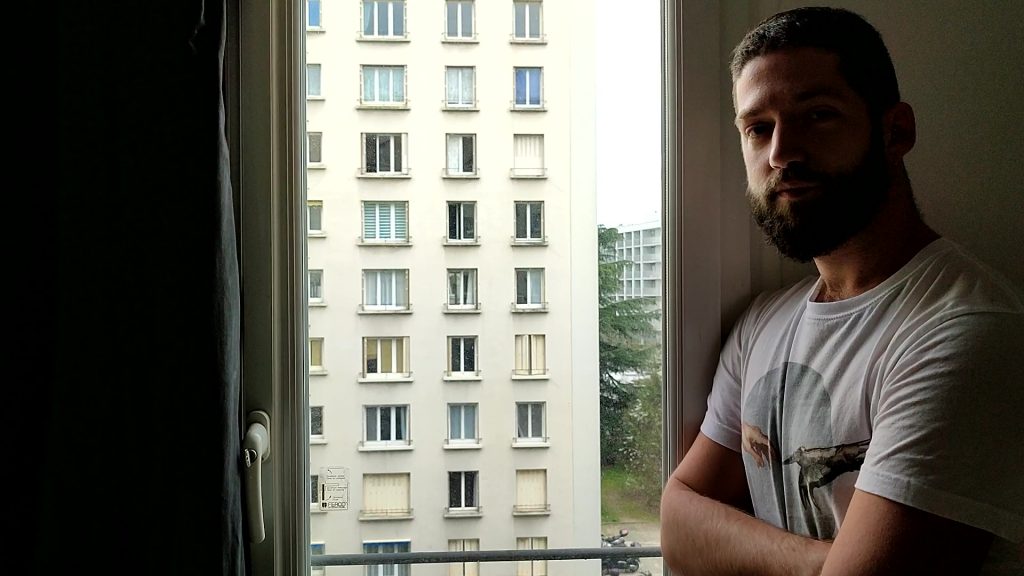

Color
Xiaomi Redmi Note 10 Pro
79
107
These video stills show the Xiaomi Redmi Note 10 Pro’s video color in indoor light compared to the competition.

Autofocus
Xiaomi Redmi Note 10 Pro
82
109
These sample clips show the Xiaomi Redmi Note 10 Pro’s video autofocus performance in low light.

Texture
Xiaomi Redmi Note 10 Pro
64
99
This graph shows the Xiaomi Redmi Note 10 Pro’s video texture measurements in the lab.

Noise
Xiaomi Redmi Note 10 Pro
90
105
These sample clips show the Xiaomi Redmi Note 10 Pro’s video noise performance in low light.

Artifacts
Xiaomi Redmi Note 10 Pro
70
85
For video artifacts, we check for the same kinds of artifacts mentioned in the Photo section, along with such video-specific artifacts as frame rate variation in different light conditions, judder effect, and moving artifacts (artifacts such as aliasing, color quantization, and flare can often be more intrusive when moving than in a still image).
This video still shows moiré on the thin slats of the balcony railing.

Stabilization
Xiaomi Redmi Note 10 Pro
94
103
In these tests we analyze residual motion when handholding the camera during recording, as well as when walking and running with the camera. We also look for stabilization artifacts such as jello effect, sharpness differences between frames, and frame shift (abrupt changes of framing).
These sample clips show the Xiaomi Redmi Note 10 Pro’s video stabilization in outdoor conditions.


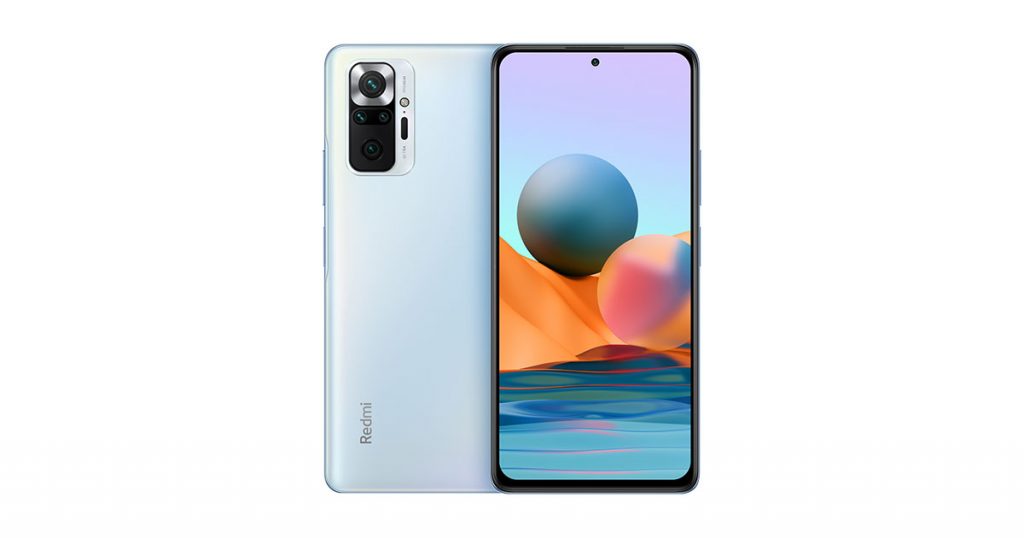








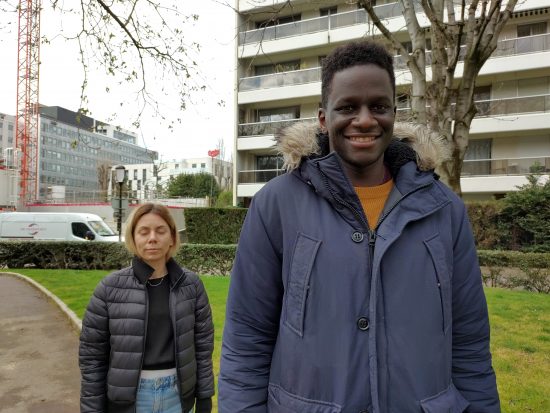




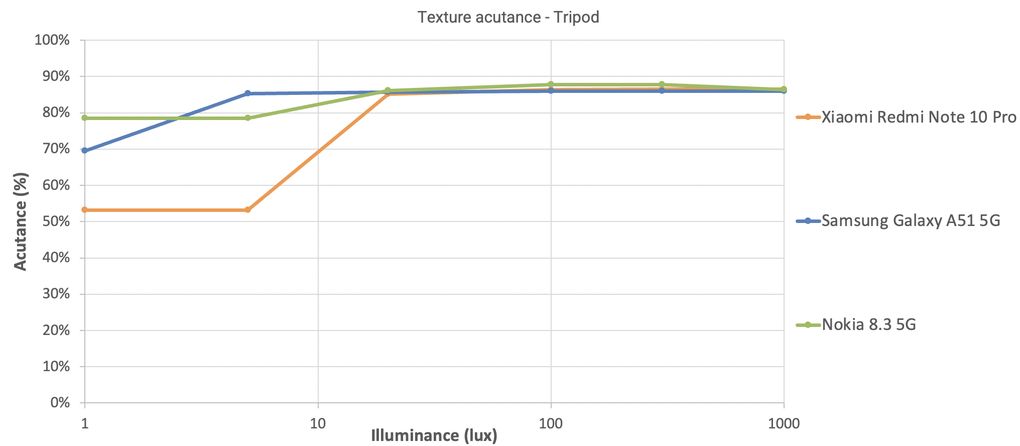
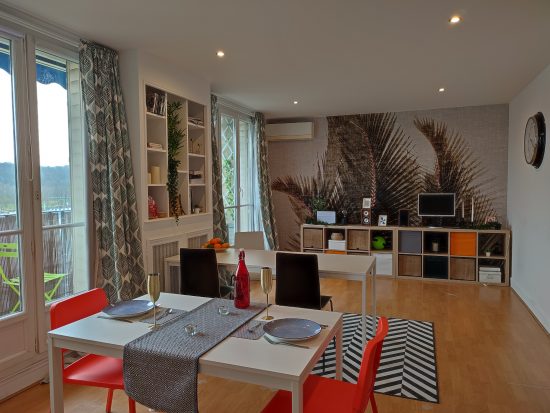
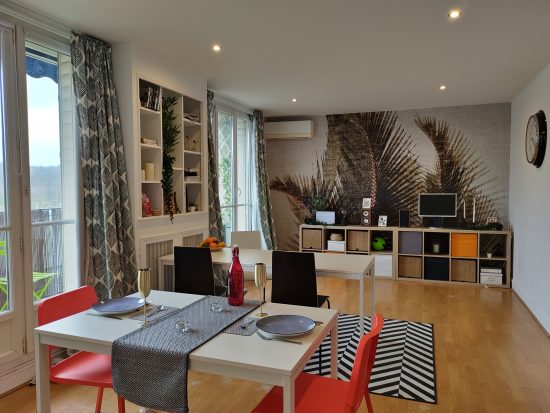
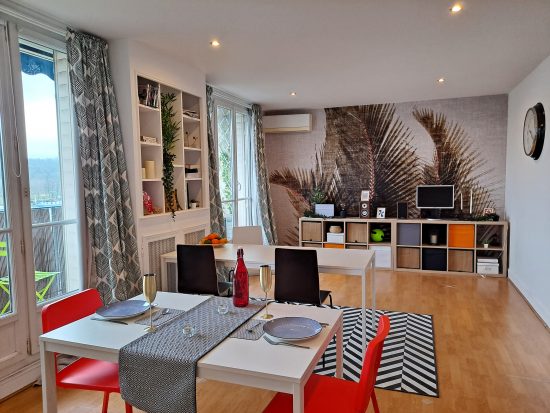







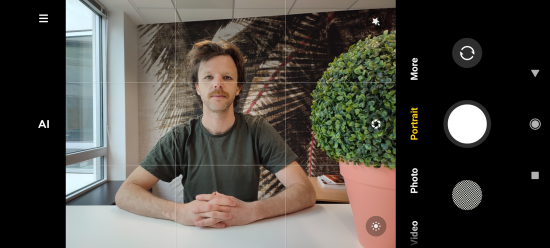

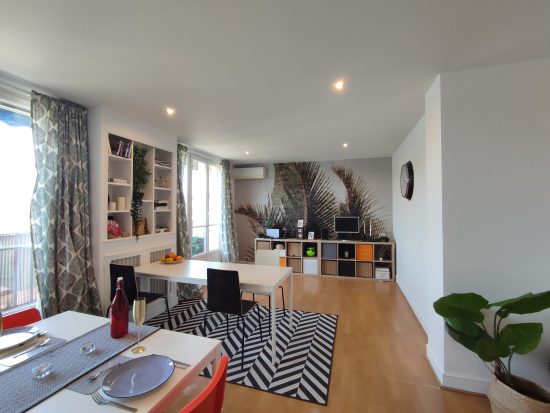
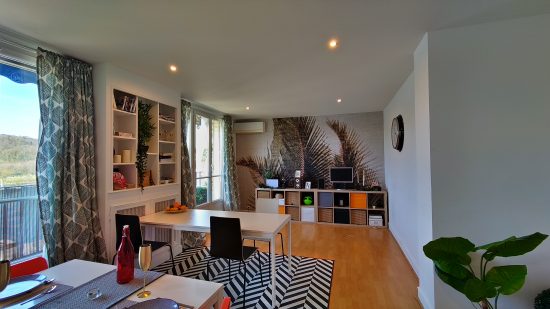
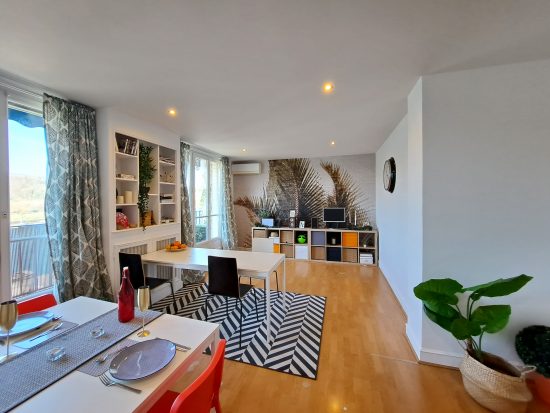







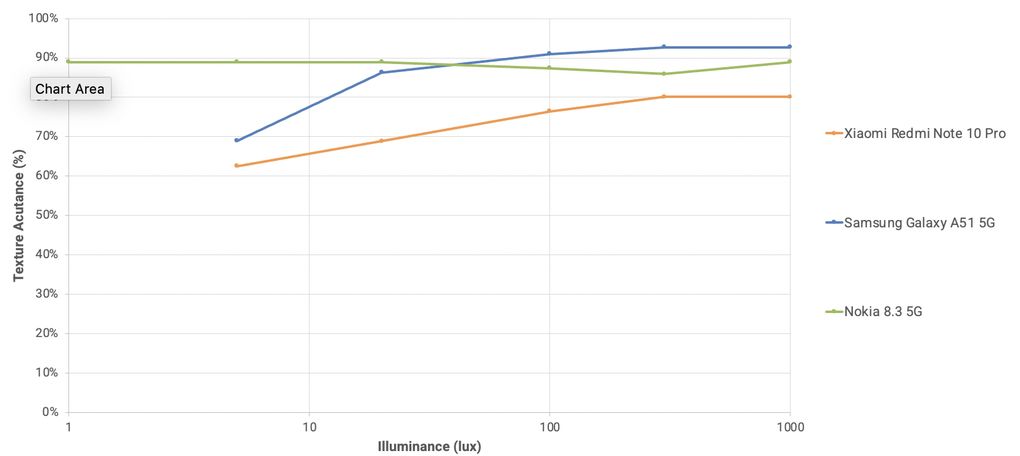
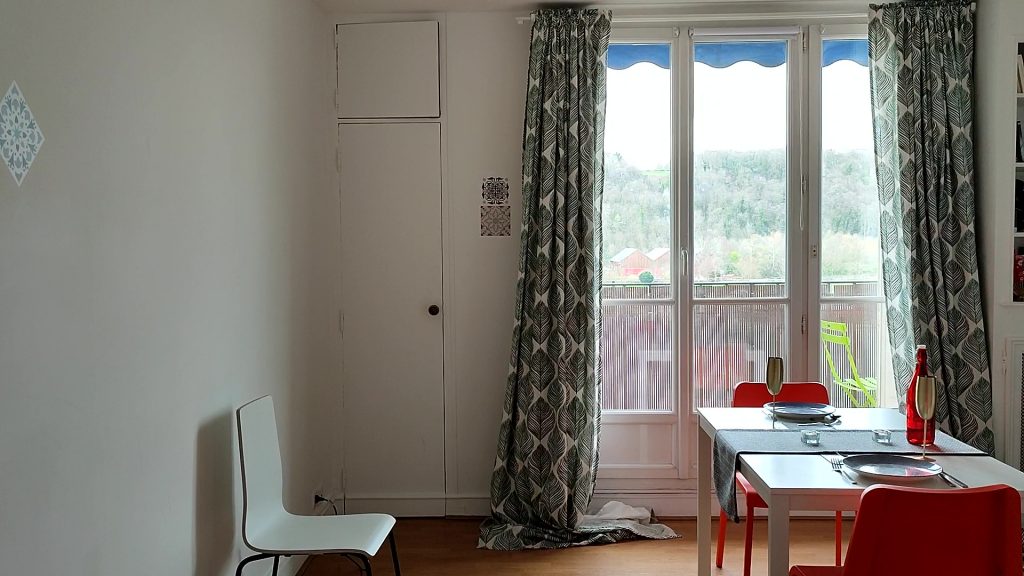


DXOMARK encourages its readers to share comments on the articles. To read or post comments, Disqus cookies are required. Change your Cookies Preferences and read more about our Comment Policy.